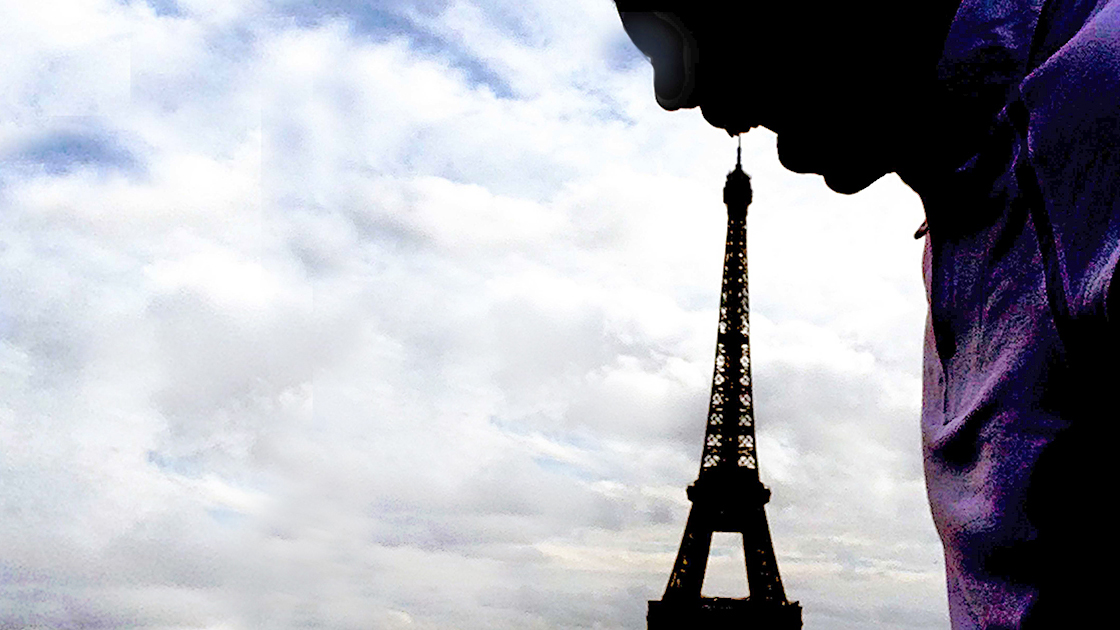THE Davao Museum and Ethnography (DMHE) recently unveiled its latest show in its temporary exhibition hall entitled Davao Kuo: The Abaca, the Japanese and the Making of Davao. The temporary exhibition will run for six months and is presented in cooperation with the Consular Office of Japan in Davao (COJD) and sponsored by the Embassy of Japan in Manila (EOJ).
“The exhibit looks into Davao society’s Japanese heritage during the development of the abaca plantation industry in the early 1900s and the historic rise in Japanese migration to the province that accompanied it,” said Sylvia Lorenzana, Executive Director of Davao Museum Foundation, Inc.,” The exhibit is very timely with Davao City recently celebrating its 75th founding anniversary. According to some historians, one of the major reasons why Davao was made into a chartered city in 1936 was due to the socio-economic progress brought in part by the Japanese investors who established wide commercial interests such as copra, timber, fishing and import-export trading. The Japanese also shared their knowledge on how to improve cultivation and this has led agriculture to become the core of the province’s economic prosperity at that time,” she added.
 |
| Executive Director of Davao Museum Foundation, Inc., Sylvia Lorenzana, with Lito Lorenzana |
 |
| President of Davao Museum Foundation, Inc., Patria Montemayor |
In 1939, there were around 29,000 Japanese in the Philippines and of this number more than 17,000 Japanese were in Davao working in various enterprises including in the abaca plantation in Mintal and Toril.
Japanese Consul Kazuhiko Anzai, Director of the COJD, said, “I am delighted to cooperate with the DMHE in holding the historical exhibit and I hope that this exhibit will further strengthen the mutual understanding between Japanese and Filipinos through the pictures and artifacts from the period.”
 |
| Japanese Consul Kazuhiko Anzai & his wife |
 |
| Author & immigrant Hiroyuki Mizuguchi & his wife |
Davao's patrons of the arts were present.
The Davao Museum of History and Ethnography is at the Insular Village, Phase 1, Lanang, Davao City. For inquiries, call (082) 233-1734.
For more lifestyle & travel stories, http://apples-and-lemons.blogspot.com/ and visithttp://jeepneyjinggoy.blogspot.com/
Published in Sun.Star Davao newspaper on May 20, 2012.



















